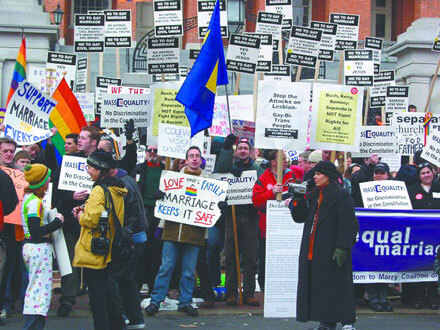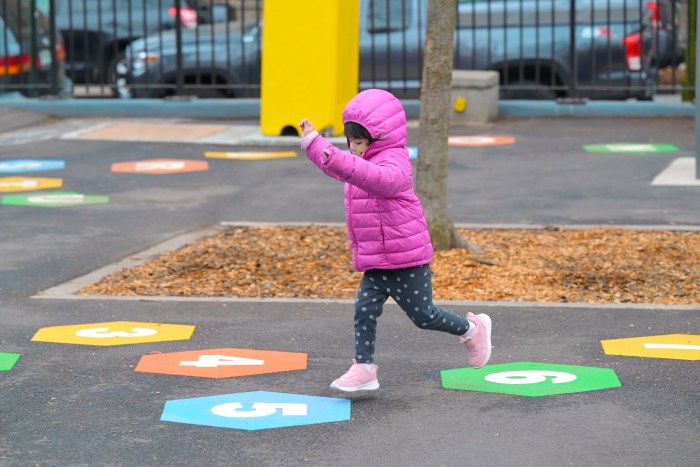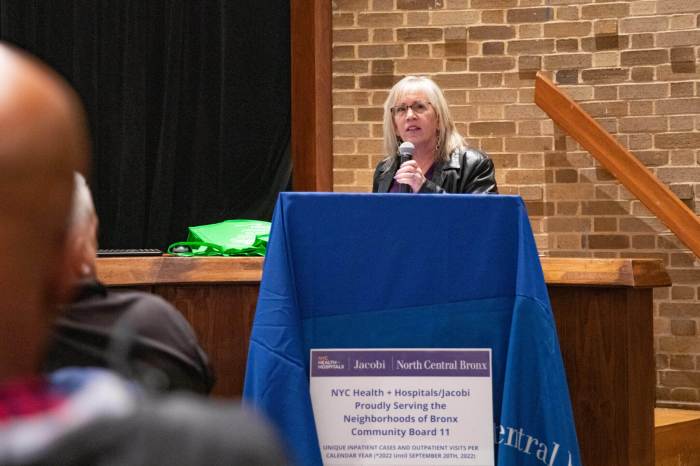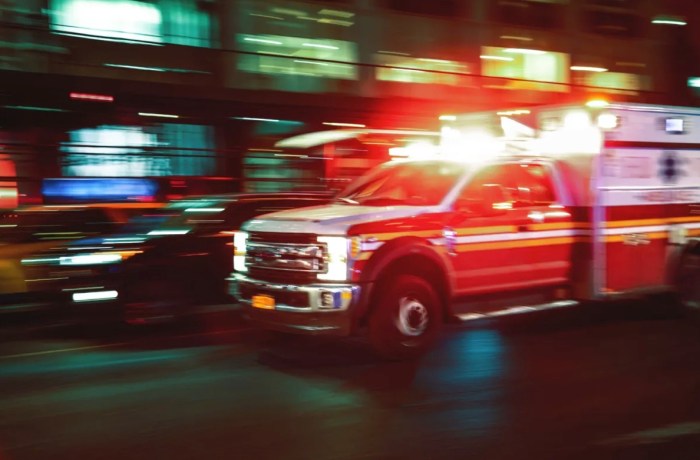We caught the 8 a.m. bus to Boston on a brisk, but bright March 11.
Briefly we were strangers, but within minutes we were a dozen “Pilgrims of Solidarity.” We were busing to Boston for civil rights, our long denied 1,138 federal marriage rights now threatened by the resumption of the debate over a constitutional amendment in the Massachusetts State Legislature to overturn the historic November same-sex marriage ruling.
“The Massachusetts Constitution does not permit such invidious discrimination, no matter how well intentioned,” Chief Justice Margaret Marshall of the state’s Supreme Judicial Court had written in February in response to the state Senate’s inquiry as to whether civil unions separate from civil marriage would satisfy the court’s earlier ruling. “The history of our nation has demonstrated that separate is seldom, if ever, equal.”
This was our “Freedom Ride.” We were singles, couples, gay, lesbian, straight, immigrant, and citizen. Monique Judy, a social worker told us that she and her boyfriend would not marry until the current era of discrimination ends. “Gay, straight, black, white, marriage is a civil right,” we chanted, getting on the bus. Overhearing our cell phone calls to reporters, an African American youth peered from behind us and asked for a copy of the written statement we had with us. As did the rest of us, he too instinctively knew the significance of this historic moment. Today was not just about Massachusetts. On March 11, Boston was the hub of the nation, and the Civil Marriage Trail Project, a New York group that has worked since last summer with gay and lesbian couples interested in marrying in Canada, was on hand.
Our Pilgrimage of Solidarity had faced some opposition from within the lesbian, gay, bisexual, and transgender community. Several groups working to defend the marriage ruling, both in Massachusetts and nationwide, urged us to reconsider our trip, arguing that it was important that the gay rights effort outside the State House have a local face. After brief discussion, we forged ahead nevertheless. Just as others had marched for us in other times, we would bring our voices and feet for our own sake and that of future generations.
Within a few hours we reached Boston’s Chinatown, just blocks from the Massachusetts State House. We could hear the rallying cries. Police cars were everywhere. Heading toward the State House, we met people with homespun signs, lots of familiar rainbow flags, and yellow stickers bearing the letters “SJC,” for Supreme Judicial Court. Our allies welcomed us and thanked us for coming.
We arrived several hours before the debate was due to commence at 2 p.m. on the floor of the House inside, but already the scene on the streets of Boston was in full swing. People on both sides of the issue had come from across Massachusetts and across the nation as the Legislature deliberated the future of civil marriage rights. Those rights are ours to win and now they are ours to lose.
Evangelicals had bused in hundreds, perhaps thousands of passionate congregants. Bearing anti-gays signs, they were mostly young, Latino, and immigrant. They sang their hymns. “Alabare.” “Vivo Cristo!” We responded, “Equalidad por todos! Respecto!” “One man, one woman. Let the people vote,” they chanted. “Gay, straight, black, white, marriage is a civil right,” went up our refrain.
Opponents of same-sex marriage mounted more a public display of fear and ignorance than of faith. The crowd at times became blatantly bigoted and fanatical.
But in response, there were rabbis and ministers with rainbow stoles, signs, and buttons. Phrases such as “My God likes gays,” “Jesus was a liberal,” “No discrimination in the Constitution,” and “Defend, don’t amend” were everywhere in the sea of humanity. Two men stood in quiet dignity amidst the maddening throng with a sign that read “TOGETHER 49 YEARS”. A lesbian couple held a sign reading “Another Catholic family for equal rights”.
Crowds lined the streets. We quickly found a bullhorn and sang “We Shall Overcome” in loud waves of united harmony––“Civil marriage for all today/ Oh deep in my heart I do believe, we shall overcome some day.” For four hours we stood, chanted, sang, and connected to a crowd that had had enough of second-class citizenry for our loved ones and for ourselves. We were glad to be there. The media clicked and captured the scene for the world.
Among our opponents, we soon noticed a pattern to the shifting crowd. Some of the evangelical folks would leave and new groups stepped into their place. They were very well organized, enough to give their flocks scheduled breaks. Along the fence, they carefully guarded boxes of bagels and bagged lunches. These Christians on this day were for sharing neither bagels nor human rights.
At times, tensions built and spilled out in heated exchanges. The level of bigotry was unexpected, the ignorance unanticipated. Yet here we stood surrounded by hate and fear standing up for our civil rights. We sang “We shall not, we shall not be moved just like a tree by the water side.” Lighter moments had us all “going to the chapel and we’re going to get married”
Bostonians hugged us, thanking us for the gift of solidarity. We said we’d be back for the historic May 17 wedding day. On the bus home, we heard the news. Opponents had succeeded in forwarding for final deliberation (at least this year––the matter will not be settled for certain until at least November 2006, the earliest a voter referendum can be scheduled) on March 29 a “compromise amendment” defining marriage as the union of one man and one woman, offering in return only unequal “civil unions.” When legislators convene in the Massachusetts State House on that date, the Civil Marriage Trail Project plans to return to the streets of Boston.
Jesus Lebron and Brendan Fay are co-chairs of the Civil Marriage Trail Project. Visit civilmarriagetrail.org for details on plans for a March 29 trip to Boston.



































